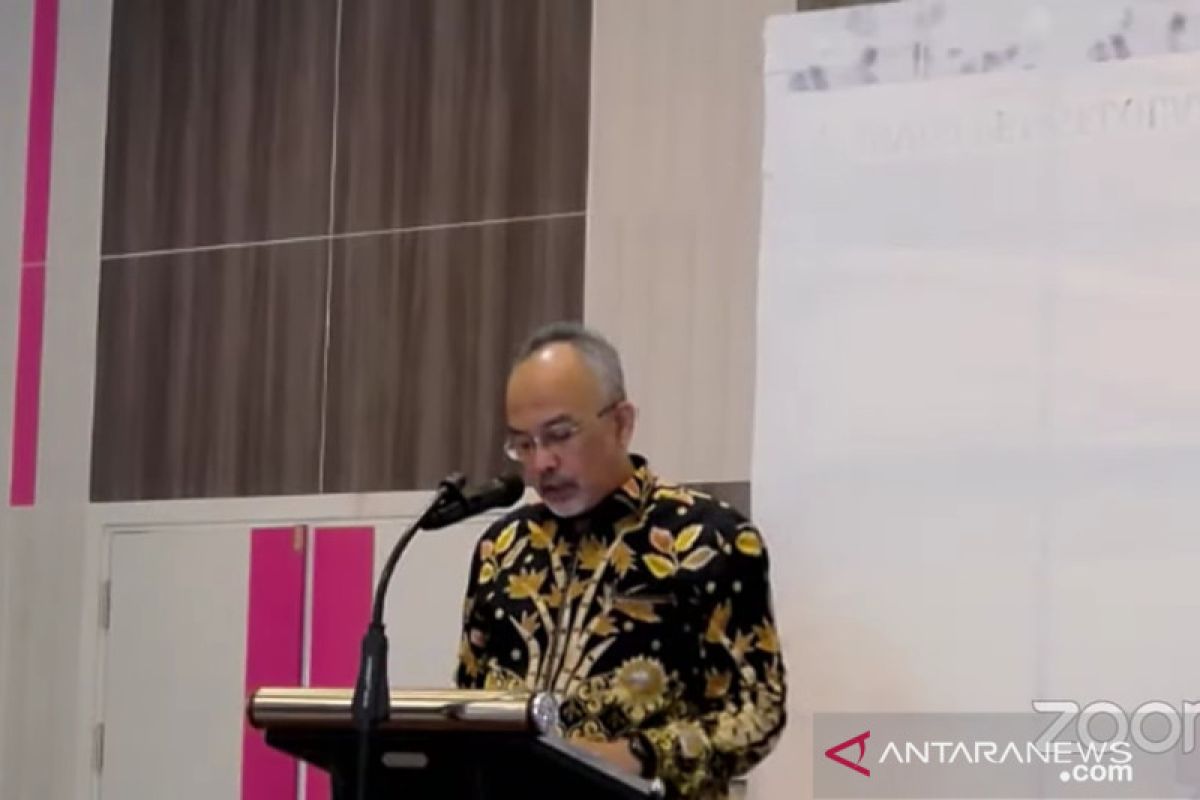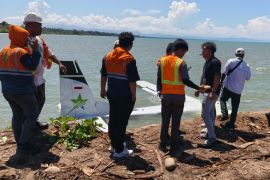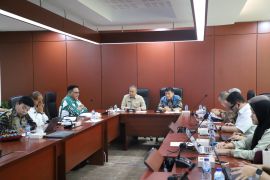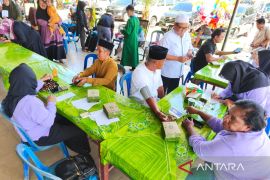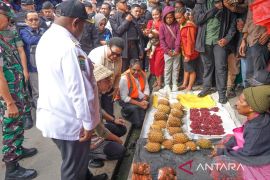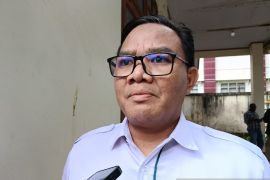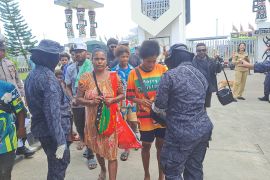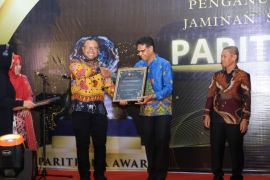This RIPP document contains a projection of Papua's condition in 2041.Jakarta (ANTARA) - The Indonesian Government is currently formulating the 2022–2041 Papua Development Acceleration Master Plan (RIPP), expert staff to the National Development Planning (PPN/Bappenas) Minister, Oktorialdi, said during a meeting here on Monday.
The 2022–2041 Papua RIPP is based on Law No. 2 of 2021 on Special Autonomy for Papua, he added.
It is also based on Government Regulation No. 107 of 2021 on Admission, Management, Monitoring, and Development Acceleration Master Plan in Implementing Papua Special Autonomy, he informed.
"This RIPP document contains a projection of Papua's condition in 2041," he said.
"We have imagined Papua's condition in 2041. We have imagined what will happen in Papua 20 years from now based on existing conditions, both the potential and challenges," he added.
In terms of demographics, it is estimated that the population of Papua will increase with rising immigration, he said.
Papua's population is also projected to be concentrated in shoreline cities, which relates to the economic pattern of cities and villages, he added.
"Papua will also face various challenges that concern the quality of education, skills, and health that mirror the Papuan Native People's (OAP) competence," Oktorialdi said.
"Realizing a productive OAP along with increasing jobs has become an important challenge that we face," he observed.
Related news: Papua, West Papua among 8 provinces with highest budgets: govt
In 20 years, Papua will also have a number of new provinces that will become new economic centers, he added.
This will also create challenges for the regional bureaucracy and will necessitate quality, equal, and balanced public services, he said.
"The quality of Papuan human resources in 2041 is expected to improve along with the declining poverty rate and increasing regional fiscal independence," Oktorialdi noted.
In terms of natural resource potential, various natural resources of Papua are expected to be managed sustainably and inclusively, especially for indigenous people and OAP, he informed.
"Papuan forests will also play an important role as a pillar for the blue-green economy and climate change," he said.
Papua will also face digitalization challenges as the changes in technology, information, and communication affect various aspects of life, he added.
"In addition, there are also geopolitical and state border changes that Papua should handle as Indonesia's front gate in the Pacific region," he remarked.
Related news: Govt to involve local figures to publicize renewed Papua autonomy law
Translator: Sanya Dinda, Fadhli Ruhman
Editor: Rahmad Nasution
Copyright © ANTARA 2022
